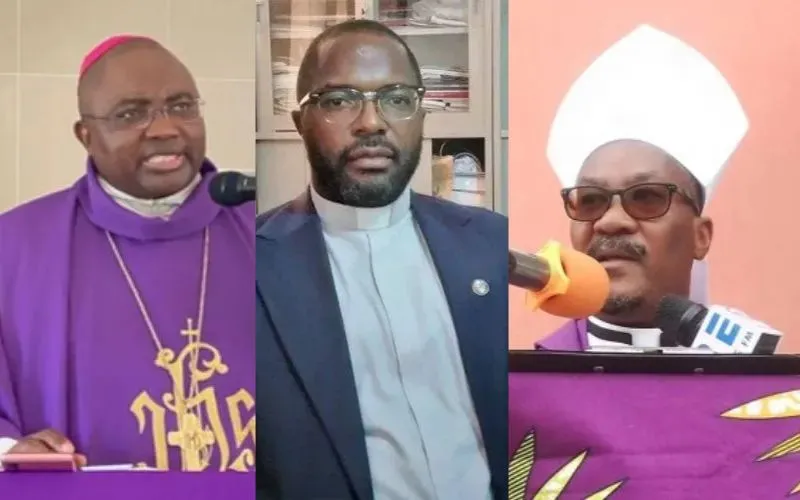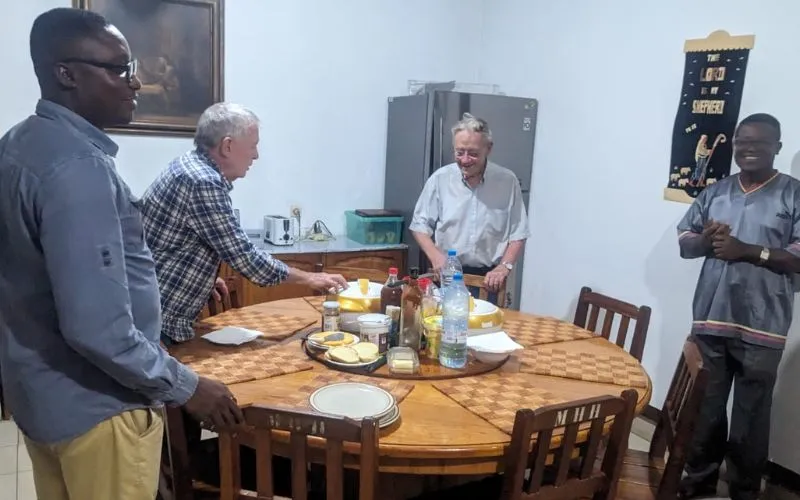Luanda, 01 April, 2025 / 11:42 pm (ACI Africa).
The people of God in Angola need to “invest” their energies in fostering reconciliation, the Executive Secretary of the Catholic Commission for Justice and Peace (CCJP) of the Catholic Bishops’ Conference of Angola and São Tomé (CEAST) has said.
In his homily at the Chapel of the Sacred Heart of Jesus Major Seminary in Luanda, Fr. Celestino Epalanga weighed in on the challenges Angolans face as the Southern African nation approaches National Peace Day on April 4, the anniversary of the signing of the Luena Memorandum, which marked a step toward lasting peace in Angola.
“Reconciliation is an infinite task; it takes time, and we must invest a lot of energy in this noble and difficult task of reconciliation because it is essential for building a prosperous, united, and indivisible nation,” Fr. Epalanga said on March 30.
He added, “Reconciliation is the heart of evangelization, and peace is a mission for all, a calling for the Church.”
“On April 4, we will celebrate 23 years since the silence of the guns and the beginning of a national reconciliation process, which had been interrupted and resumed in 2019, with the creation of the Commission for Reconciliation in Memory of the Victims of Political Conflicts (CIVICOP), by President João Manuel Gonçalves Lourenço,” he said.








